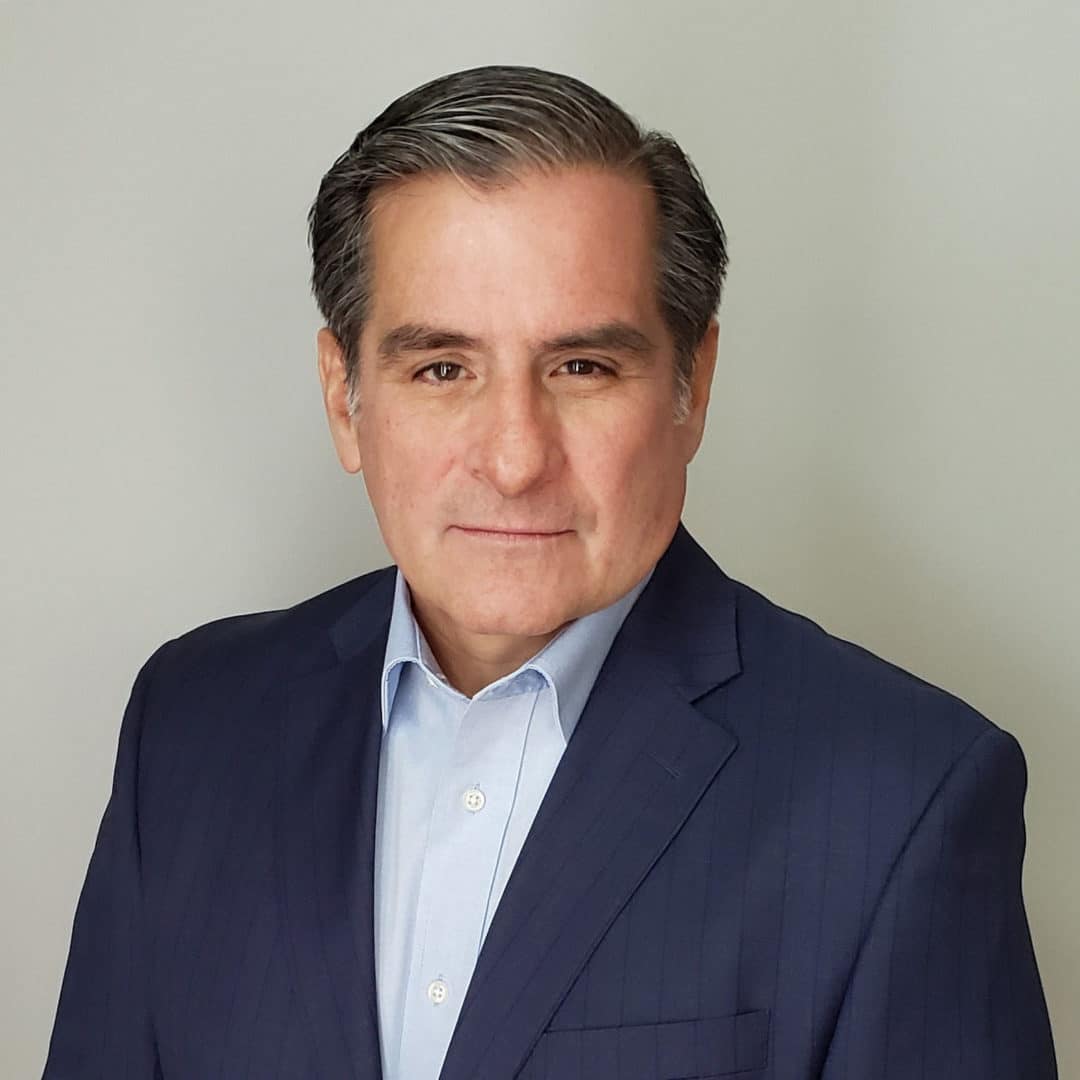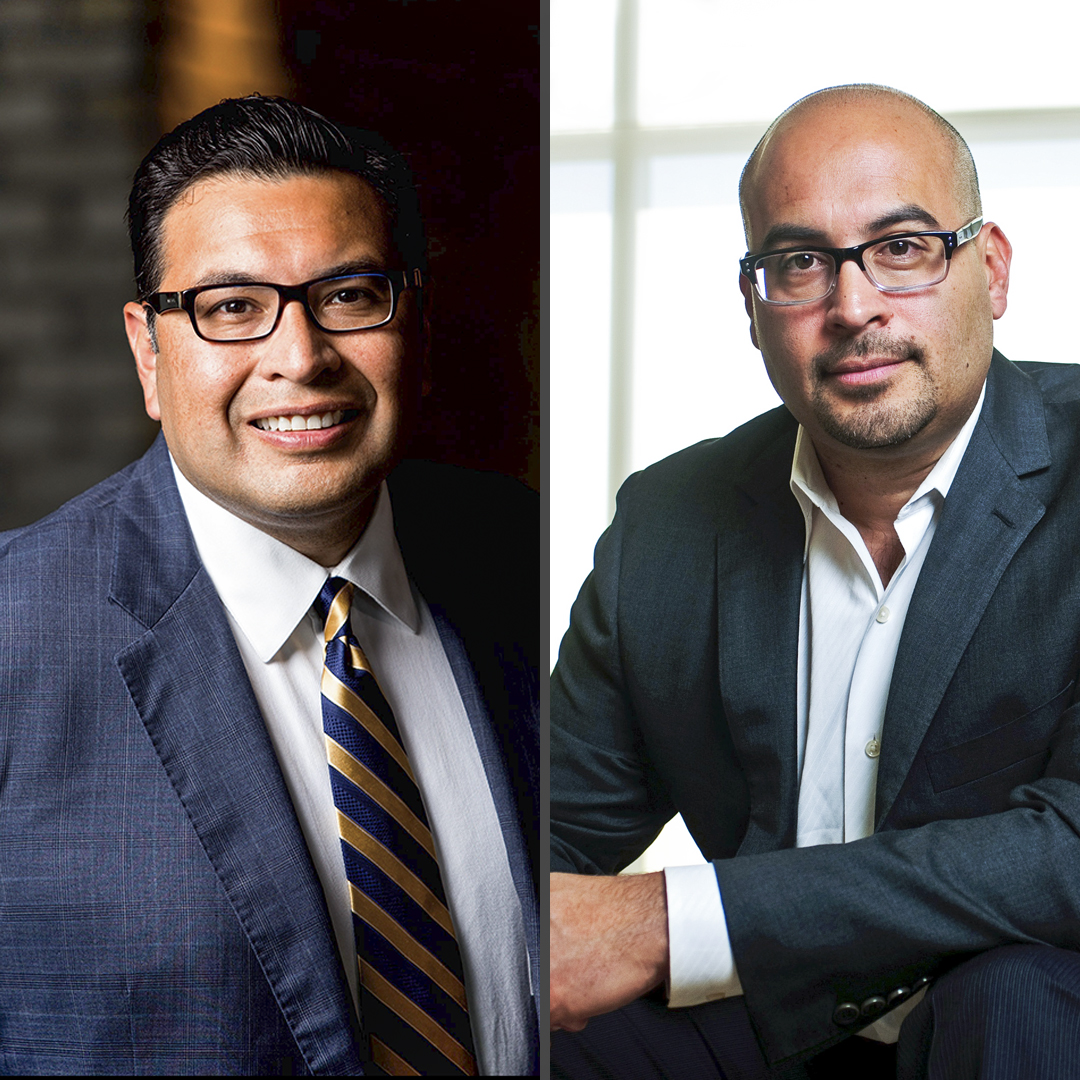|
Getting your Trinity Audio player ready...
|
The human spirit is incredible. This COVID-19 crisis is testing the best of our humanity. Yet, we see amazing examples of humanness, innovation, unity, and sacrifice. We continue to take care of each other, educate, and engage one another. Recall a question I asked in part one of this series: When we get beyond the peak, imagine that your leadership, your humanness is on trial. Will you be convicted?
When a colleague appears grumpy on a video call or sends you a sharp email, let compassion be your response habit. It is likely that what they are feeling has nothing to do with you but rather their personal stresses and fears. We all have different experiences shaping our ability to deal with these stresses; we all have coping methods, some more developed and some less. Many people may be feeling overwhelmed, so let your high human skills of empathy, kindness, and trust be your guide as you lead through this crisis.
From Fear to Trust
Chances are that by now, we all know someone who has been affected by COVID-19. It has thrust leaders, middle managers, and employees into distributed work environments overnight. It has created fear in people. That fear flows to families, communities, and workplaces—and while we were adapting to our new circumstances, these fears grew to unusually large proportions.
Whether in a crisis or not, fear creates a narrowing of the mental aperture and makes you feel like you are looking through a soda straw as both an individual and as an organization. This paralysis makes us forget our established priorities, our habits, our caring for one another. When a crisis sets in, fear is its friend. Fear short-circuits our healthy support systems of family, friends, and work.
But trust is the counterbalance to fear. It helps open our mental aperture, see opportunities, and be more collaborative. Trust creates a sense of psychological safety and can be an incredible inoculant when bad things happen to good people and good organizations.
Trust can make you feel in the most positive and profound ways. In our closest relationships, it fosters confidence, happiness, and peace. Think about your work environment, though. When you meet new employees, how does the trust conversation go? Something along the lines of, “Welcome to the team—be on time, work hard, and you will earn our trust”? The prevailing idea for most is that people must earn trust, but why is that? Why is trust not automatically given based solely on mutual understanding and expectations?
In These People I Trust
My colleague John O’Grady, who spurred much of the thought for this article, creates an insightful trust paradox. Imagine that you must travel for a work assignment. The Uber driver arrives at your house, and you get in the car with your luggage. You arrive at the airport, drop your bags with a skycap, greet the flight attendant, and say hello to the pilot. You settle in for a flight, having granted trust to people you likely have never met—the driver, skycap, pilot. Do you know who did the maintenance checks on the plane? We trust these people with our lives and often those of our families, without a second thought. Yet, in our most important and intimate relationships, we withhold trust. With our work colleagues, those whom we inherently rely on for success, we say, “You must earn my trust.”
Why?
Perhaps the socialization of trust has been wrong. What if we granted the same level of trust to the people closest to us as we do to the drivers and pilots in our lives? Imagine having high trust relationships that start with “you have my trust, and it can only be eroded or lost” rather than a “trust must be earned” mentality. The buy-in and responsibility felt by the newly trusted employee go through the roof! So, too, does their commitment to maintaining that trust.
Instead of only talking about trust at the beginning of a relationship, and then again only if it is broken or lost, make trust part of your team’s everyday conversations. Use the space in between those conversations to talk about how employees are demonstrating behavior that aligns with your expectations. And when you think there may be a trust issue arising, approach it from a position of authentic curiosity instead of being accusatory. Find the underlying reasons for the issue and collaboratively address them. Maintain trust behaviors and a trusted environment before it becomes broken. Be proactive.
Cultivating a culture of trust is like any leader’s action: it is a choice. To create work environments where trust flourishes, we need to understand how trust works; the ways it is given, built, maintained; and how it becomes lost or broken. We can then teach ourselves how to act and react in ways that help cultivate trust, even in the most challenging situations.
Talking at the Speed of Trust
When you are asked a question and are uncertain of the answer, frustrated, or are short on time, how do you respond? We all have short-circuited answers that allow us to respond and move on. Or so we think. These so-called default answers—“Let’s talk,” “We’ll have an answer soon,” “Don’t ask, just get it done”—can damage the trust between leaders and employees. While these default answers might allow a leader to provide a response quickly, they can unintentionally send signals of uncertainty and mistrust to the receiver. Put yourself on the receiving end of these defaults and consider the feelings and anxiety they may create:
- Let’s talk—uncertainty. Is this positive or negative? How should the employee prepare?
- We’ll have an answer soon—ambiguous. Is soon next week? A month?
- Don’t ask, just get it done—lack of confidence, trust, and value in the employee.
Provide context and drive meaning to motivate people. Experts say it takes five hundred milliseconds, or half a second, for sensory information from the outside world to incorporate into conscious experience. So, we can still get an answer out quickly, but if we take a few extra seconds to be more transparent, we can change the meaning of these defaults and bring clarity, understanding, and commitment to our work. Consider how the three defaults from above, but now with context, change the feeling:
- Let’s talk about this at 4 p.m. I like your idea of involving the staff because it gives them ownership of the process—You specify why you like the idea, you set the expectation for time, and the employee feels valued.
- We have not decided yet but will by the end of the day on Wednesday—You are honest about not having decided and have set expectations so that the employee has a clear idea of how to proceed.
- Here is what we thought when we made the decision—The employee is going to understand where you’re coming from and will likely give their best work because they feel like they are part of the team, trusted, and valued.
Trust comes from words and actions, but it must be felt by others to resonate. Take the few extra seconds to be transparent, honest, and only promise what you can deliver. Think about the work environments this crisis has created with back-to-back virtual meetings and online overload and consider how these conditions are impacting your organization. Monitor your people for signs of fatigue. Do what you can to remove uncertainty. Invest those few seconds to help your people feel, and help them feel the trust as you lead them through this crisis. Stay well, healthy, and safe!
Read The Crisis Life Cycle: Part One and Part Two
The views expressed in this article are those of the author and do not necessarily reflect the position of Hispanic Executive or Guerrero Media.
 Jeff Marquez, founder of Marquez Leadership, Culture & Strategy, LLC, helps business, government, and nonprofit leaders and teams create a sustainable culture of excellence. A retired Army officer and former senior executive with the federal government, he served on the National Security Council as the director of continuity policy and acting senior director for response policy. He led the team that developed the successful US drawdown from Iraq in 2011. In Hawaii, he led the transformation of United States Army forces in the Pacific. He also served as a chief of staff in the federal government. He has led continuity and infectious disease planning actions across the last two administrations. You can reach him at [email protected] or (703)472-7514, https://strategicleadersacademy.com/jeff-marquez/.
Jeff Marquez, founder of Marquez Leadership, Culture & Strategy, LLC, helps business, government, and nonprofit leaders and teams create a sustainable culture of excellence. A retired Army officer and former senior executive with the federal government, he served on the National Security Council as the director of continuity policy and acting senior director for response policy. He led the team that developed the successful US drawdown from Iraq in 2011. In Hawaii, he led the transformation of United States Army forces in the Pacific. He also served as a chief of staff in the federal government. He has led continuity and infectious disease planning actions across the last two administrations. You can reach him at [email protected] or (703)472-7514, https://strategicleadersacademy.com/jeff-marquez/.

